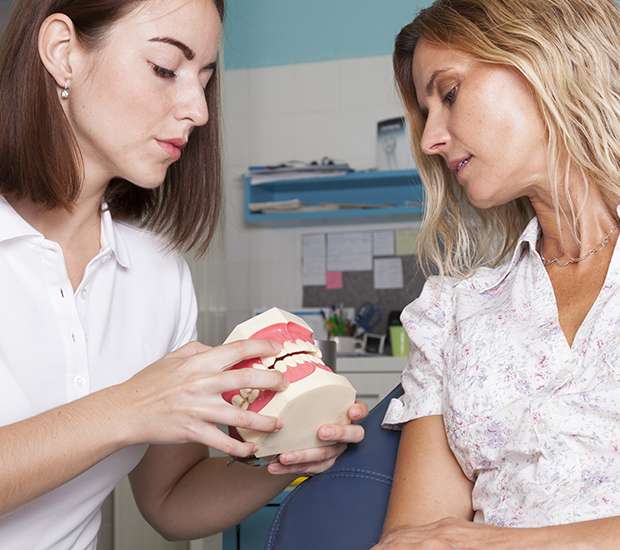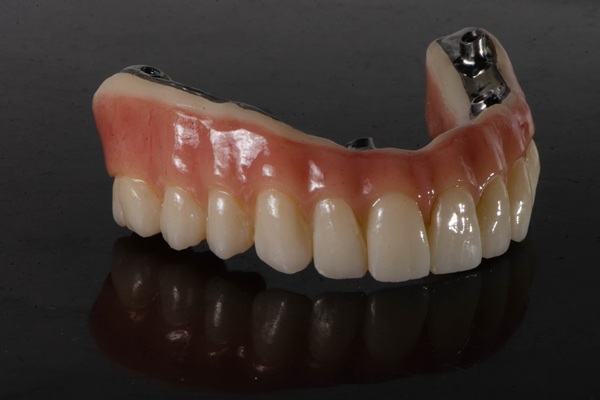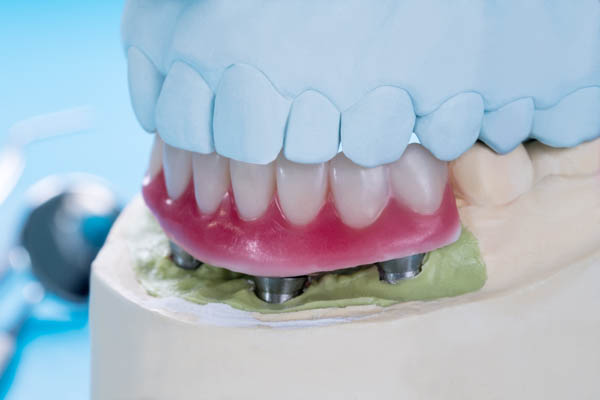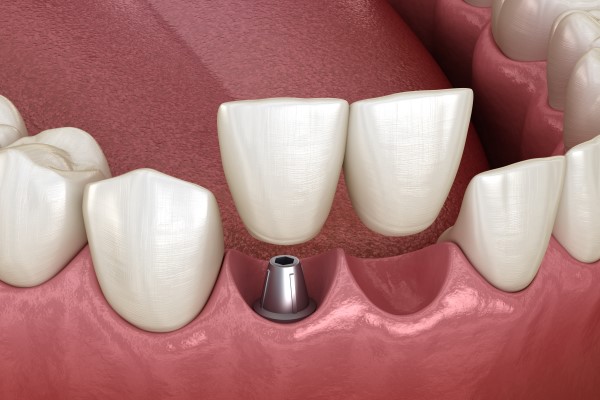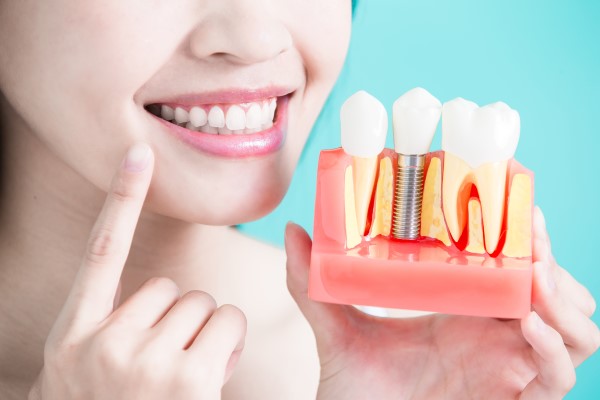What to Expect When Getting Dentures New York, NY
While we can customize dentures to fit a patient's teeth perfectly at New York DMD, there are still a few key factors that patients need to understand before getting dentures. Fortunately, advancements in dental technology allow for this process to be easier than ever before.
The Dentures Process
There are different types of dentures, two of which are removable dentures and implant dentures. Removable dentures are a more traditional option that requires the patient to remove them at night when they sleep. Implant dentures are not removable since we attach them directly to the jaw. We will not recommend implant dentures unless the patient is healthy and if the patient does not have any teeth left to use.
In order to determine the best type of dentures for the patient, we will conduct a thorough examination of the patient's teeth and current level of oral health. From there, we will continue through other steps in the process for a patient who is interested in getting dentures. Below is a list of the steps in the process.
1. A dental examination
The first step is for our team to examine the patient's teeth and determine the state of the patient's oral health. During this examination, the dentist will search for any signs of infection, tooth decay, previous dental work that can hinder the denture process and search for any other teeth that may need removal prior to placing the dentures.
2. Making the dentures
After the consultation, the dentist will take a mold of the teeth and measurements to ensure that the dentures fit the remaining teeth exactly. We will then send these results to a dental lab that will build the dentures to the specifications.
3. Fitting the dentures
Once we complete the dentures, we will bring the patient in for a fitting to ensure the dentures fit without issue. We will make sure that the individual can use the dentures without pain or issue. If necessary, we will make adjustments to the dentures during this appointment.
4. Adapting to dentures
While there will not be any pain, it may take some time to adapt to wearing the dentures. It may take some time to adapt to eating and speaking with the dentures, but the patient will eventually have the same function and control as with regular teeth.
Other factors to expect with getting dentures
The dentures that one gets from our office will be a custom fit to the individual's mouth, but may take some time before the individual has complete mastery of the dentures. Dentures also require proper oral hygiene to last as long as possible. However, proper care will not involve typical brushing with toothpaste.
The proper care of dentures will require using a specific type of brush and a liquid solution that does not harm the material of the dentures. The patient will also need to soak the removable dentures in the solution at least every night when the patient sleeps. Since there are different types of dentures, we will go over the most effective care methods for the type of dentures the patient has. We will also recommend the best type of solution for cleaning the dentures and where to get it.
Just because the patient does not have any teeth does not mean the gums cannot get infected. Thus, a patient without teeth needs to brush his or her gums at least twice a day. Using water to rinse the dentures after removing them from the mouth, patients then need to gently brush the gums with toothpaste.
Regular brushing and keeping the dentures clean will help ensure that the patient does not have an infection growing in the mouth. It is important for the patient to also brush the tongue and along the roof of the mouth. While this may take some time for a patient to adjust to, proper oral hygiene is crucial for keeping dentures in the best condition possible.
With proper oral hygiene, patients also need to be careful to avoid dropping the dentures on the counter or ground in the bathroom. While dentures are sturdy, they are not unbreakable. If the patient needs repairs on dentures of any kind, it is crucial to call us and seek assistance. Attempting to repair the dentures without professional expertise can result in catastrophic results.
For more information on the denture process and if dentures are the right choice for you, give us a call at (917) 284-9680 to schedule a consultation today.
If you live in the New York area, call (917) 284-9680 to schedule your dental exam so that you can remain in good health or receive treatment for a current condition.
Questions Answered on This Page
Q. How long will it take to make the dentures?
Q. How long will it take my mouth to get used to the dentures?
Q. How do I keep my dentures clean?
People Also Ask
Q. How does the dentures process begin?
Definition of Denture Terminology
- Alveolar Bone
- The alveolar bone is the bone surrounding the root of the tooth that keeps the tooth in place.
- Clasp
- A clasp is a device that holds a removable partial denture prosthesis to the teeth.
- Denture Base
- The denture base is the part of the denture that connects the artificial teeth with the soft tissue of the gums.
- Edentulous
- Edentulous is a term that applies to people who do not have any teeth.
- Periodontal Disease
- Periodontal disease is a condition that causes inflammation of the gingival tissues and membrane of the teeth, leading to tooth loss without professional treatment.
- Pontic
- Pontic is another term for an artificial tooth on a fixed partial denture.
- Rebase
- Rebase is the process of refitting denture prosthesis by replacing the base material.
- Reline
- Reline is when a professional resurfaces the surface of the prosthesis with a new base material.
- Resin/Acrylic
- Resin and Acrylic are resinous materials that can be components in a denture base.
- Stomatitis
- Stomatitis is the inflammation of the tissue that is underlying a denture that does not fit properly. It can also result from other oral health factors.
Back to top of What to Expect When Getting Dentures
